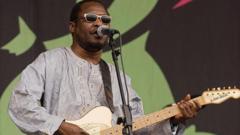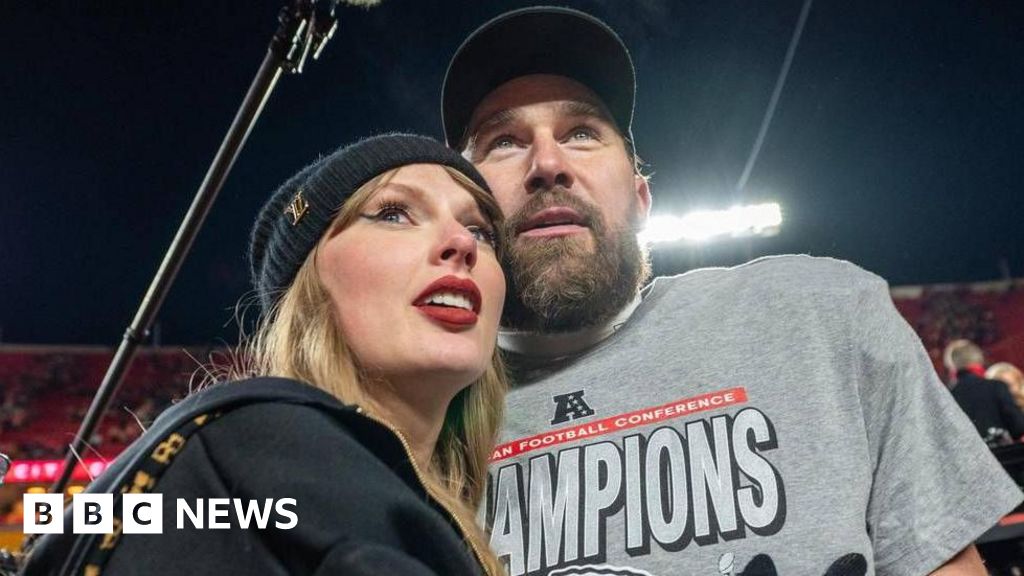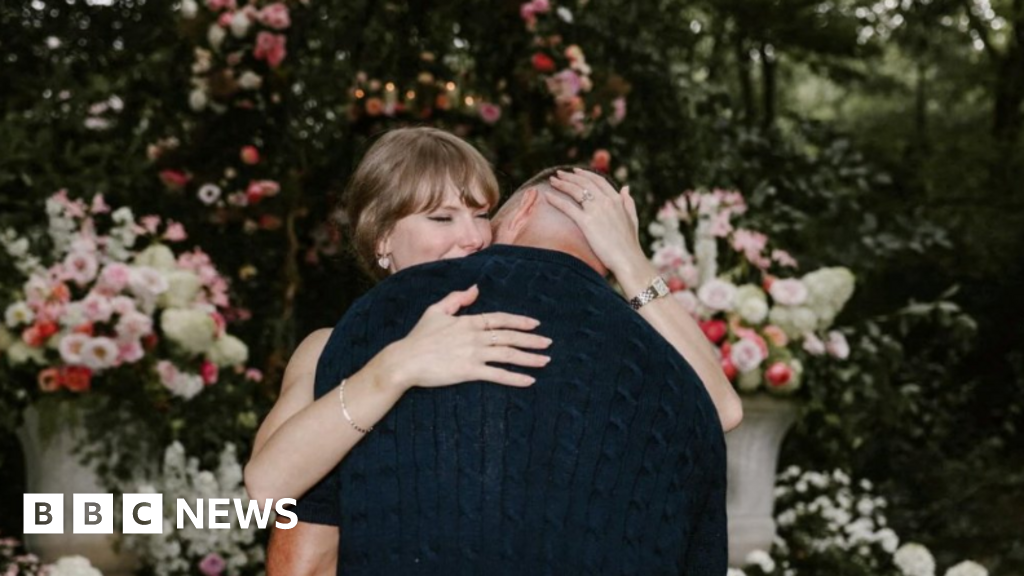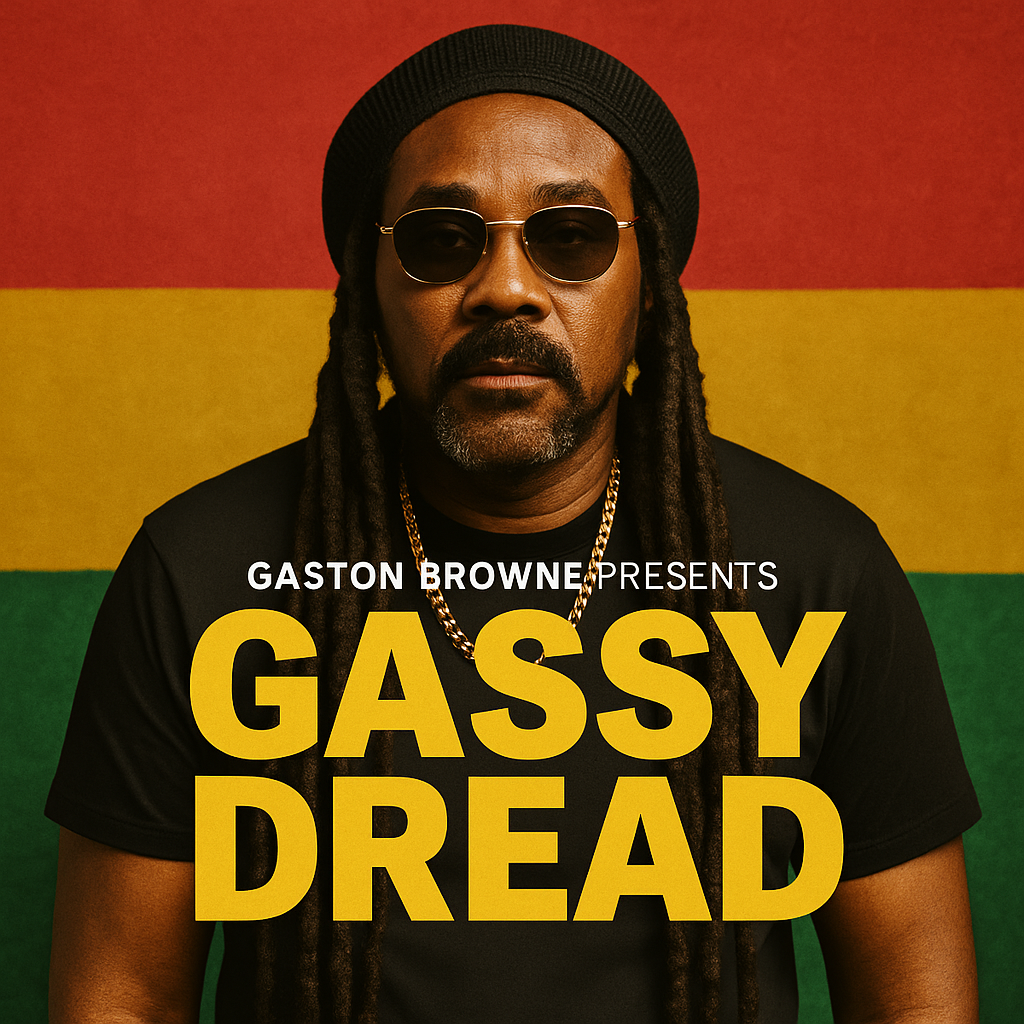In a poignant farewell, thousands gathered in Bamako, Mali, to pay tribute to the late musician Amadou Bagayoko, of the celebrated duo Amadou & Mariam. The ceremony was attended by friends, family, and fellow artists, illustrating the profound impact Bagayoko had on both national and international music scenes. Notable figures such as musician Salif Keita and former prime minister Moussa Mara were present, reflecting the outpouring of respect for the 70-year-old artist who passed away on Friday after a period of illness.
The couple rose to stardom in the 2000s with their unique blend of West African sounds and rhythm and blues, encapsulated in their hit album "Dimanche à Bamako." Released in 2004, it sold over half a million copies and catalyzed collaborations with famous artists including Damon Albarn of Blur. It also paved the way for memorable performances at world-renowned festivals, such as Glastonbury and Coachella. During the funeral, Mali's Culture Minister Mamou Daffé shared the news of Bagayoko's passing, and his widow, Mariam Doumbia, reminisced about their final moments together.
Mourners included Franco-Spanish musician Manu Chao, who produced "Dimanche à Bamako," honoring Bagayoko's memory in heartfelt social media posts. Fellow Malian artist Youssou N'Dour described him as a beacon for African music, while young singer Sidiki Diabate mourned the loss as an immense blow to Malian music.
Born in Bamako in 1954, Bagayoko faced significant adversity when he became blind at age 15 but transformed his challenges into musical inspiration. He met his wife, Mariam, at the Institute for the Young Blind, and the two formed Mali's Blind Couple band in 1980. After relocating to Ivory Coast in the mid-1980s, they defined their style as "Afro-rock," merging African rhythms with Western influences, all while crafting a narrative that spoke to both their heritage and global audiences.
Their partnership flourished with successful albums, Grammy nominations, and blazing performances that resonated with messages of strength, hope, and cultural unity. Bagayoko's commitment to addressing pressing sociopolitical issues in Mali and beyond shone through in works like "La Confusion," which voiced concerns during the rise of extremist movements.
Despite his recent health struggles, Bagayoko remained active until his final performance at the upcoming Paris 2024 Paralympic Games. He is survived by his wife and son, Sam, who shares his musical legacy. His family has chosen a private burial, underscoring the deep personal loss felt by those closest to him.
Bagayoko's stories, songs, and resilience continue to inspire musicians and fans, nurturing a profound legacy that will echo through Mali and the world as a celebration of love, creativity, and unity through music.
The couple rose to stardom in the 2000s with their unique blend of West African sounds and rhythm and blues, encapsulated in their hit album "Dimanche à Bamako." Released in 2004, it sold over half a million copies and catalyzed collaborations with famous artists including Damon Albarn of Blur. It also paved the way for memorable performances at world-renowned festivals, such as Glastonbury and Coachella. During the funeral, Mali's Culture Minister Mamou Daffé shared the news of Bagayoko's passing, and his widow, Mariam Doumbia, reminisced about their final moments together.
Mourners included Franco-Spanish musician Manu Chao, who produced "Dimanche à Bamako," honoring Bagayoko's memory in heartfelt social media posts. Fellow Malian artist Youssou N'Dour described him as a beacon for African music, while young singer Sidiki Diabate mourned the loss as an immense blow to Malian music.
Born in Bamako in 1954, Bagayoko faced significant adversity when he became blind at age 15 but transformed his challenges into musical inspiration. He met his wife, Mariam, at the Institute for the Young Blind, and the two formed Mali's Blind Couple band in 1980. After relocating to Ivory Coast in the mid-1980s, they defined their style as "Afro-rock," merging African rhythms with Western influences, all while crafting a narrative that spoke to both their heritage and global audiences.
Their partnership flourished with successful albums, Grammy nominations, and blazing performances that resonated with messages of strength, hope, and cultural unity. Bagayoko's commitment to addressing pressing sociopolitical issues in Mali and beyond shone through in works like "La Confusion," which voiced concerns during the rise of extremist movements.
Despite his recent health struggles, Bagayoko remained active until his final performance at the upcoming Paris 2024 Paralympic Games. He is survived by his wife and son, Sam, who shares his musical legacy. His family has chosen a private burial, underscoring the deep personal loss felt by those closest to him.
Bagayoko's stories, songs, and resilience continue to inspire musicians and fans, nurturing a profound legacy that will echo through Mali and the world as a celebration of love, creativity, and unity through music.





















